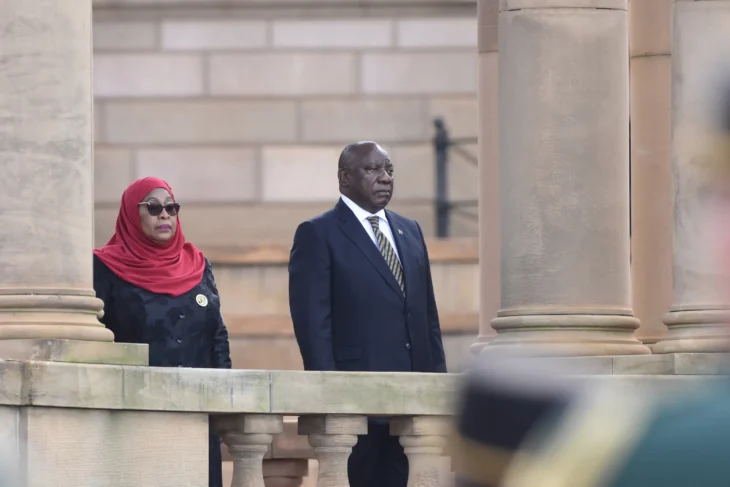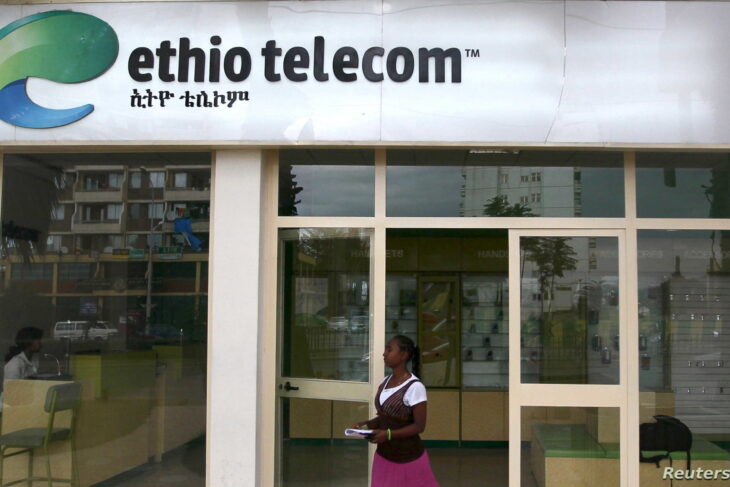

Total gross credit for a range of transactions in Nigeria rose through N3.33 trillion from N15.56 trillion at end-May 2019 to N18.90 trillion at end-June 2020.These credits had been mostly recorded in manufacturing, consumer credit, regular commerce, and facts and verbal exchange and agriculture, which are productive sectors of the economy.According to a Central Bank of Nigeria (CBN) report, the rise in hobby rate mirrored the liquidity condition in the system, noting that the inflation fee of 12.26 per cent for March 2020, resulted in negative real charges for deposits, however superb real fees for the prime and maximum lending rates.Besides, financial institution clients paid between 15.01 per cent and 30.70 per cent for borrowed funds, but interest paid on their term deposits dropped by using 1.46 percentage factors to 6.27 per cent, the CBN’s Economic Report for the first quarter (Q1) of 2020 showed.
The file indicated that the common prime and maximum lending fees rose with the aid of 0.02 share factor and 0.47 proportion point, respectively, to 15.01 per cent and 30.70 per cent, in the assessment period, above their ranges in the previous quarter.The common top and most lending prices stood at 29.98 per cent and 14.99 per cent, respectively, in Q4 2019.The rising lending rates, analysts said, led to upward stress on market quotes and cost of manufacturing for the manufacturing sector.The CBN found that notwithstanding the upward jostle in lending rates, banks have been paying much less savings activity to depositors. The common term deposit price fell by 1.46 share factors to 6.27 per cent, while spread between common time period deposit and average maximum lending prices widened with the aid of 1.93 share factors to 24.43 proportion points.
The spread hole indicated that customers are paying 24.43 per cent greater charge than they are getting from banks. However, the Monetary Policy Rate (MPR), which is the benchmark activity fee at which the CBN lends to the commercial banks, is presently at 12.5 per cent. Continuing, the file showed that money market charges had been generally stable and moved in tandem with the stage of liquidity in the first quarter of 2020. Daily interbank call and Open Buy Back (OBB)-discountable securities traded in the Nigerian Inter-Bank economic transactions – prices ranged from 5 per cent to 7.24 per cent and 1.77 per cent to 21.02 per cent, respectively.

The common interbank and OBB charges had been 10.68 per cent and 12.08 per cent, respectively. Other rates, such as the seven-day and thirty-day Nigerian Inter-bank Offered Rate (NIBOR) traded at 11.74 per cent and 9.81 per cent, respectively. CBN Governor, Godwin Emefiele, stated mixture domestic deposit (net) grew by using 5.16 per cent in June, in contrast with 7.47 per cent in May, no matter the upward push in lending rates.
The average term credit price fell through 1.46 proportion points to 6.27 per cent, while unfold between common term savings and average maximum lending prices widened by means of 1.93 proportion points to 24.43 share points.The unfold gap indicated that clients are paying 24.43 per cent greater rate than they are getting from banks. However, the Monetary Policy Rate (MPR), which is the benchmark hobby fee at which the CBN lends to the commercial banks, is presently at 12.5 per cent.













